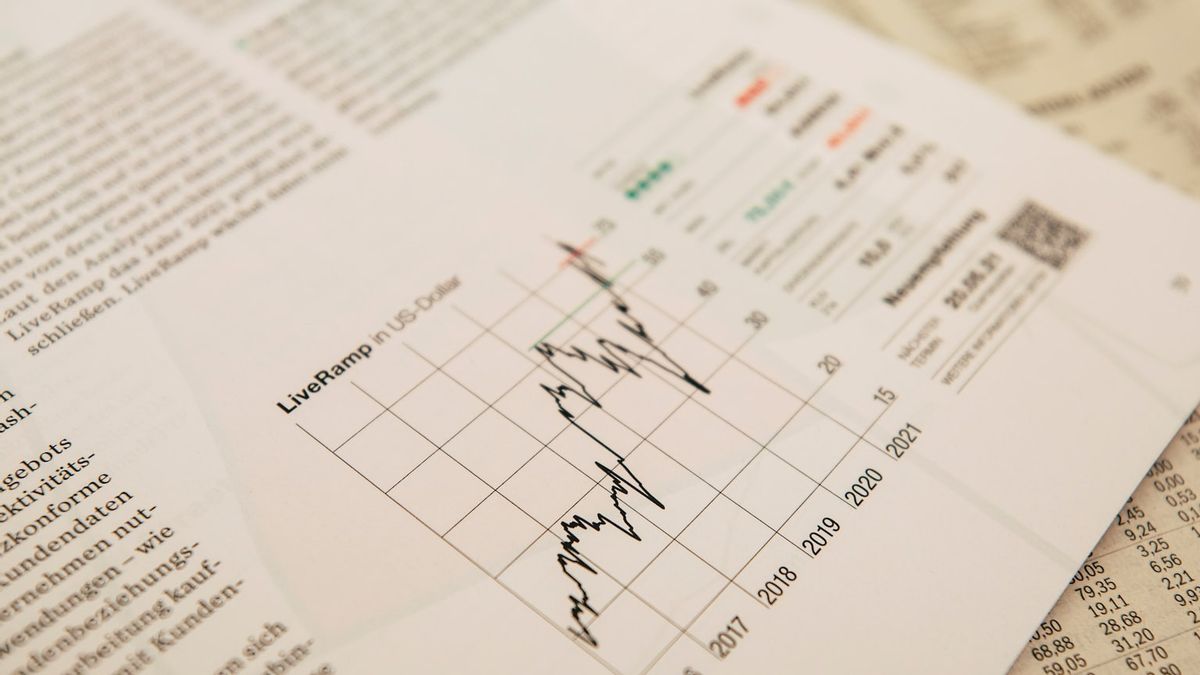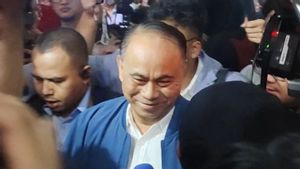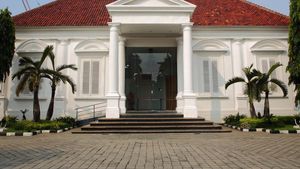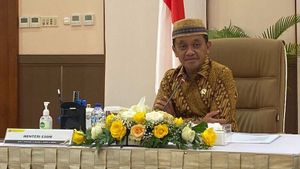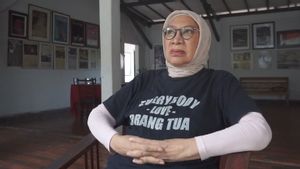JAKARTA - INDEF economist Abra Talattov assesses this year as the right momentum for energy subsidy policy reform. The consideration is that there is still room for discretion in the 2022 State Budget regarding the deficit and the question of political costs that will be even greater if postponed.
The momentum for energy subsidy policy reform must be accelerated in the second semester. Because this will make drastic changes to energy subsidy policies," said INDEF economist Abra Alattov, Wednesday, September 21.
According to Abra, the policy will have several implications, such as inflation despite its temporary nature, as well as resistance and pros and cons from the community towards new policies.
The moment of reform in the middle of the second year will also allow evaluation. So, when the negative impact is quite broad and large, the government can make adjustments or improve policies," said Abra.
The discretionary space related to the deficit in the 2022 State Budget and the surplus state of the first semester of the State Budget in 2022 will also strengthen that the momentum of proper subsidized policy reform is this year. Thus, if there is a risk due to the reform, it can still be suppressed with the flexibility of the state budget.
I think the right momentum is this year compared to next year when the state budget deficit can no longer be above 3 percent of GDP. If it turns out that there are negative excesses of energy subsidy transformation policies, the government can still reduce them," said Abra further.
Furthermore, Abra gave an example, for example, the government targets 40 percent of the lowest population to provide energy subsidies. However, in reality, people who are at 50 to 70 percent also need this subsidy.
Maybe the government can still expand the provision of energy subsidies, not just the lowest 40 percent, but up to 70 percent. But this will be evaluated as to how much subsidy is given, how much efficiency is created from the closed energy subsidy policy changes," said Abra.
A similar perspective was conveyed by the LPEM FEB UI Economist Teuku Riefky. He considered that this is currently a momentum to carry out fiscal reforms, especially fuel subsidies. According to him, apart from the current pandemic, Indonesia's current situation is also not too far into the political year. Thus, the political costs are still not as big as if postponed to the following year.
I think the sooner the better because the sooner it gets postponed, the bigger the political cost. The closer the election gets, the more expensive the political costs. In a sense, more need to be negotiated and need to get a lot of political support from any side, said Riefky.
The English, Chinese, Japanese, Arabic, and French versions are automatically generated by the AI. So there may still be inaccuracies in translating, please always see Indonesian as our main language. (system supported by DigitalSiber.id)
